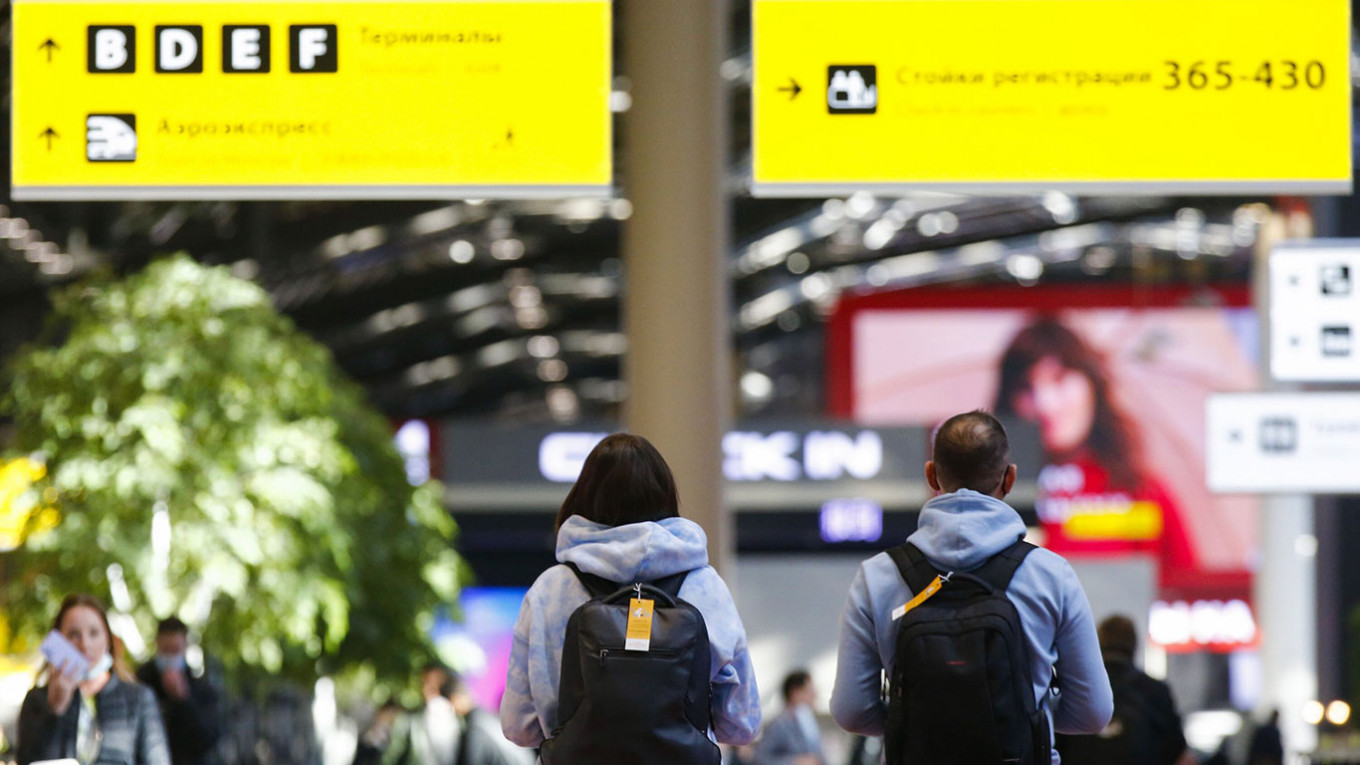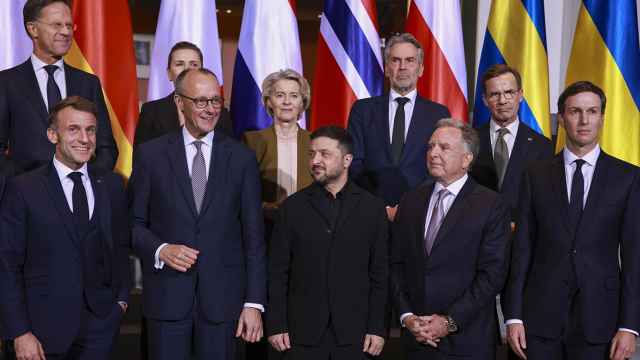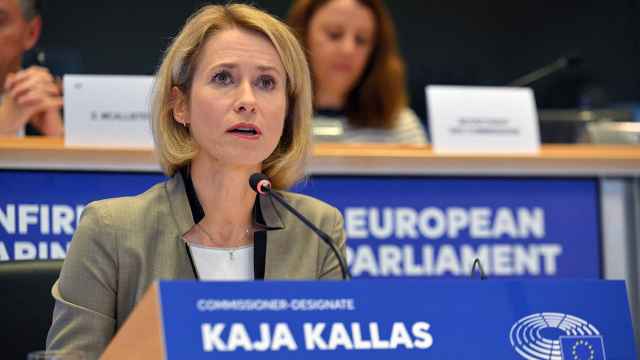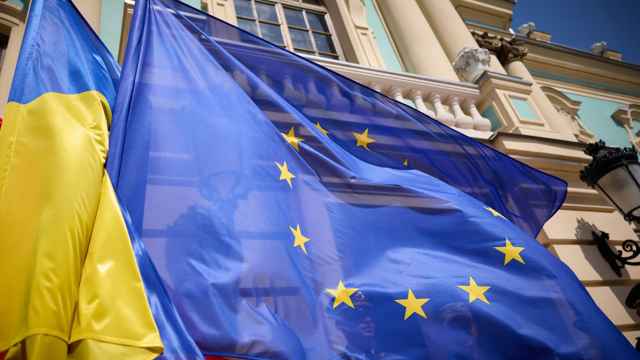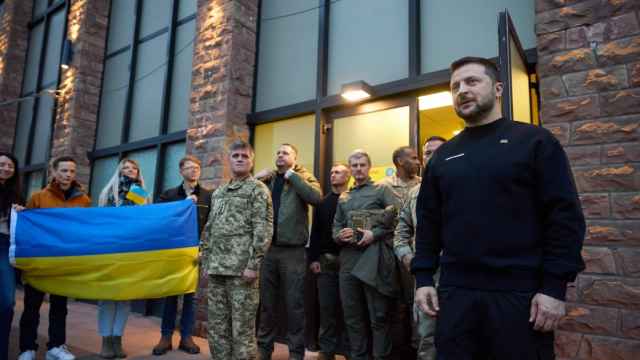After fleeing Russia in the days after the start of the invasion of Ukraine, Mikhail entered the European Union illegally by fording a river in Bosnia and Herzegovina and making his way over the border into Croatia.
His successful crossing followed three failed attempts to get into the EU.
“I was afraid of police, bears, wolves and the lack of water,” Mikhail, 22, told The Moscow Times of his subsequent journey through Croatia, where he camped every night in a forest to avoid detection by the authorities.
“It was very hot. There are a lot of bears in Croatia and I saw their traces everywhere,” he said.
Tens of thousands of people fled Russia after the Kremlin ordered troops into Ukraine in late February, fearing mass repression, conscription, closed borders and economic hardship. Many are determined to get to the West, where visa rules mean entry is more complicated.
Some, like Mikhail, have taken the extreme step of illegally crossing into the EU.
But others told The Moscow Times of different backdoors into the 27-member bloc, including using the ancestry of parents or grandparents for citizenship applications.
Mikhail initially flew to Turkey’s Istanbul in March after leaving his home in the southern Russian city of Rostov-on-Don fearing a call-up for military service.
However, he found it difficult to make ends meet in Istanbul and realized the cost of applying for a residence permit in Turkey exceeded his monthly income.
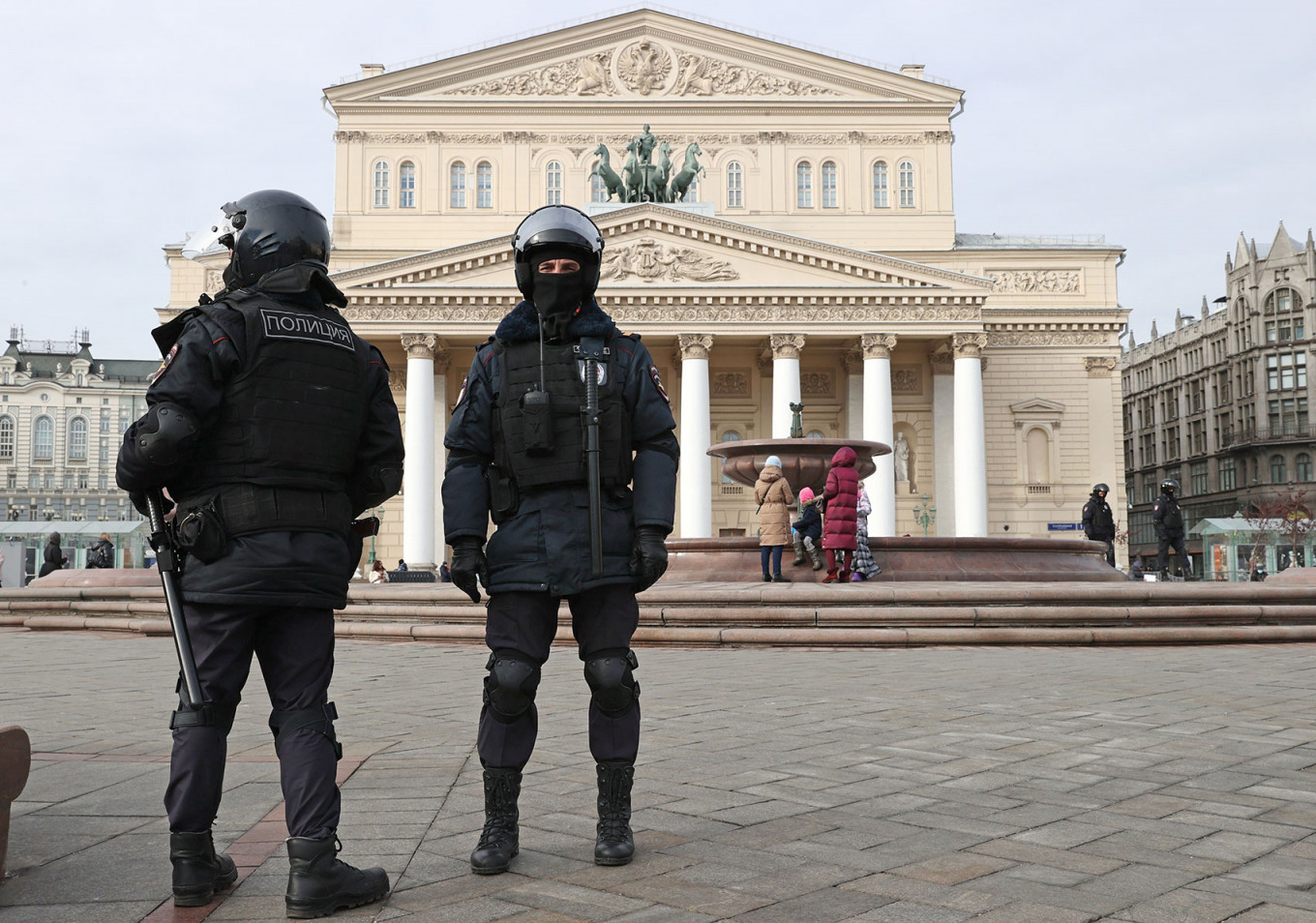
Instead, he decided to travel to Serbia and enter the EU illegally.
On his first attempt to cross into Croatia, he was detained by Serbian police. “After staying in a border town for a couple of days, I tried to cross again, but was caught even quicker,” said Mikhail, who requested anonymity to speak freely.
Undeterred, he made a failed attempt to get into Hungary.
Finally, he managed to cross last month from Bosnia and Herzegovina – which does not require visas for Russian citizens – into EU member-state Croatia.
While Mikhail's case may be an extreme one, the number of asylum applications by Russian citizens in the EU more than doubled in March, the period immediately following the invasion and the most recent month for which data is available.
And a similarly risky approach has been used thousands of miles away by Russians trying to enter the United States since the invasion. In particular, emigre Russians have been flying to Mexico – a country for which they do not need a visa – and then attempting to cross into the U.S. to claim asylum.
Perhaps the hardest part of Mikhail's journey was crossing the heavily patrolled Croatian-Slovenian border. He calculated it was better to look like a tourist, so he abandoned his coat, tent and clothes, and pretended to take photographs. Then he snuck off on foot and found an open gate in the border fence.
When the temperature dropped later, he regretted the lack of warm clothes.
“In Slovenia the weather was very cold and it rained heavily. It saved me from [police] patrol drones, but… I was without a coat and was feeling really cold and all my stuff was wet,” he said.
Despite Mikhail's success, illegal border crossings are not the only way to try and get to the EU, with anti-war Russians discovering various other ways to enter. One popular strategy has been to tap European ancestry and apply for citizenship of an EU country.
Maria, 28, who also requested anonymity to speak freely, applied for Romanian citizenship in Moscow after the start of the Russian invasion – her father is Romanian – and plans to emigrate.
“When the war started my world just shattered,” she told The Moscow Times. “I will forever be Russian… but I cannot live in a state where I cannot have an opinion freely.”
Maria’s application was complicated by a lack of international mail services, which were among the hundreds of other Western companies that stopped serving Russia following the invasion of Ukraine.
“I had to personally travel to Romania to pick up my documents last month,” she said, adding that high demand meant her lawyer asked her to bring the documents of similar applicants back to Moscow.
Now that she has her Romanian passport, Maria plans to settle in Ireland.
While there are no precise figures for the number of Russians who fled abroad – or who are still planning to leave – in the wake of the invasion, the total is likely to be in the hundreds of thousands. Some estimates suggest 30,000 fled to Georgia and 100,000 to Armenia in the South Caucasus, while at least 14,000 went to Turkey. Other popular destinations include Central Asia and some Middle Eastern countries.
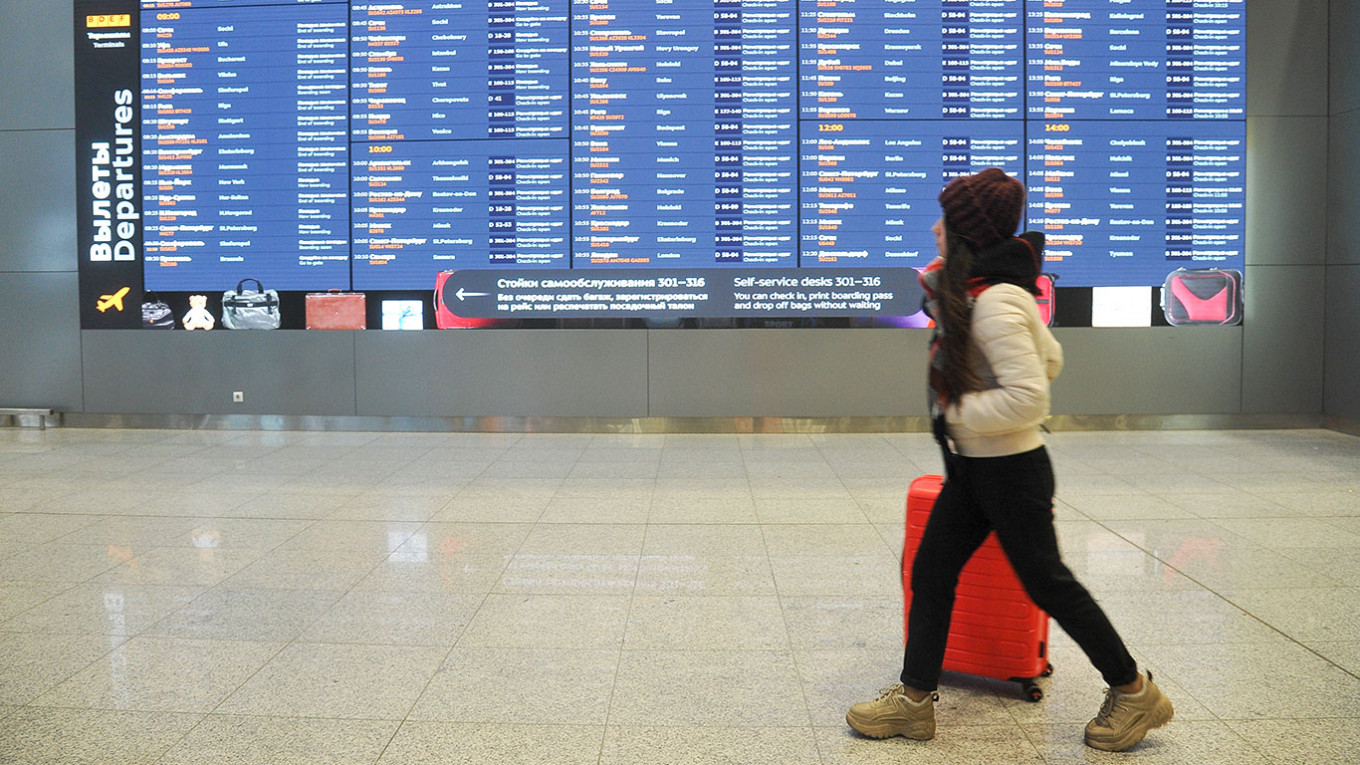
Mikhail, 25, a barista from Komsomolsk-on-Amur in the Far East who supports jailed Kremlin critic Navalny, left Russia for the first time after the start of the invasion.
“I don’t want to be in Russia because it’s uncomfortable to be there with people who don’t share my way of thinking,” he told The Moscow Times after arriving in Istanbul, requesting anonymity to speak freely.
The attack on Ukraine expedited Mikhail's plans to obtain German citizenship via his German grandmother, who was part of Russia's population of Volga Germans forcibly relocated to the Far East during World War II.
However, German citizenship is only open to Volga Germans born before 1993 who speak proficient German. Mikhail is now encouraging his mother in her efforts to re-learn German and apply for residency, which, he hopes, will strengthen his own future application.
“There is some success,” he said of his 64-year-old mother’s attempts to recall her German. “She remembers the rules, declension, but can't remember the words.”
In the meantime, Mikhail has obtained a Turkish residency permit.
“I would like to learn German myself but I have enough struggles as it is,” he said.
As the fighting in Ukraine shows no sign of ending and political repression in Russia continues to escalate, the exodus of Russians looks set to continue.
After traveling through Slovenia and Italy, Mikhail, who crossed illegally into the European Union, arrived in France on Wednesday where he intends to apply for asylum.
“If there is a regime change I expect to go back. Russia has huge potential, but because of the corrupt regime it cannot be unlocked,” said Mikhail.
Despite his long journey, he was optimistic about his future in Europe.
“The only thing is that my family is worried,” he said.
A Message from The Moscow Times:
Dear readers,
We are facing unprecedented challenges. Russia's Prosecutor General's Office has designated The Moscow Times as an "undesirable" organization, criminalizing our work and putting our staff at risk of prosecution. This follows our earlier unjust labeling as a "foreign agent."
These actions are direct attempts to silence independent journalism in Russia. The authorities claim our work "discredits the decisions of the Russian leadership." We see things differently: we strive to provide accurate, unbiased reporting on Russia.
We, the journalists of The Moscow Times, refuse to be silenced. But to continue our work, we need your help.
Your support, no matter how small, makes a world of difference. If you can, please support us monthly starting from just $2. It's quick to set up, and every contribution makes a significant impact.
By supporting The Moscow Times, you're defending open, independent journalism in the face of repression. Thank you for standing with us.
Remind me later.


